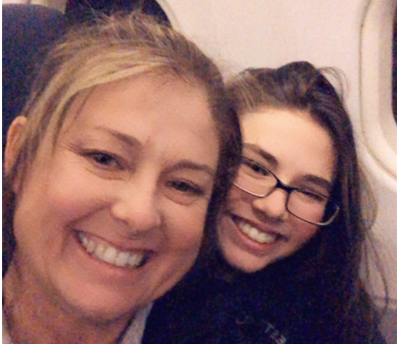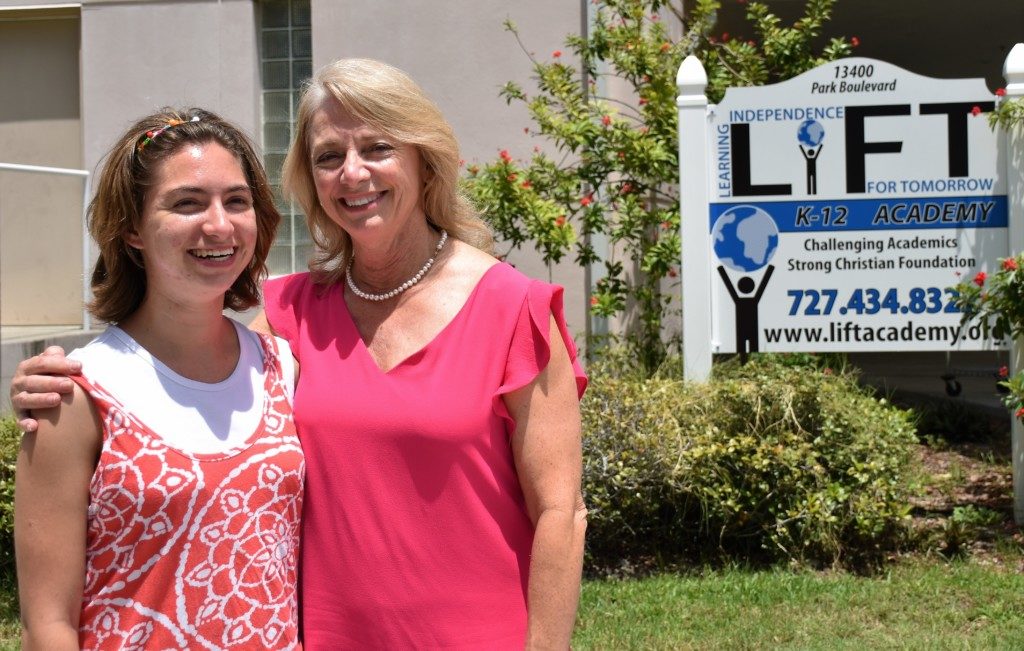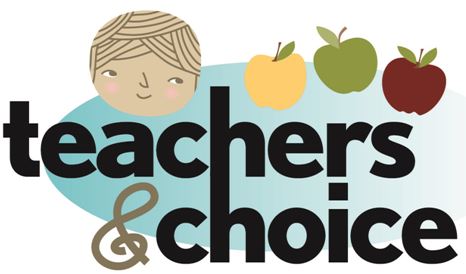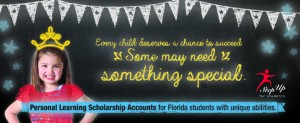"War, huh, yeah
What is it good for?
Absolutely nothing"
— Edwinn Starr, "War"
The District of Columbia Public School system has a troubled history with special education. In reviewing a U.S. Commission on Civil Rights study on the subject, footnote 4 on page 7 led to a data source in which DCPS stood out like a very sore thumb: disputes between families and the district over special education: In 2018-19, DCPS had a rate of special education due process complaints filed which stood at more than eight times the national average per 10,000 students with disabilities served:
This led me to wonder what more recent data, and to wonder about how the states of Arizona and Florida would compare to DC in that more recent information. A web of policy diffusion between the states of Arizona and Florida resulting in both states eventually adopting robust formula funded education savings account programs for students with disabilities. The process began in Florida in 1999, when Florida Senate President John McKay passed and Gov. Jeb Bush signed what became a statewide voucher program for students with disabilities. Under the federal IDEA legislation, parents had the right to sue school districts for failure to provide a free and appropriate education (FAPE) for a district-financed private school placement. The practical difficulties of financing such a suit, however, left it as an avenue mostly accessible to well-to-do families. Districts have long contended that they do not receive enough funding for special education.
The McKay Scholarship program turned both of these unfortunate facts on their heads: you no longer needed to file a lawsuit to access private schools. Moreover, McKay Scholarship-participating families were entitled only to the funding that districts have spent decades describing as inadequate. Access to private education for students with disabilities was delightfully democratized and a financial win-win developed for families and districts. Tens of thousands of special needs students participated in the program, and it spent many years as the largest school choice scholarship program in the country.
Over in Arizona, our education freedom Scooby-gang was determined to emulate Florida’s success. In 2005, Arizona lawmakers passed, and Gov. Janet Napolitano signed a voucher program for children with disabilities. The Arizona school district industrial lobbying complex sued the program, and in 2009 the Arizona Supreme Court struck it down as violating the Blaine Amendment in Arizona’s Constitution. The Arizona Blaine Amendment forbade aid to “private or religious schools.” Dan Lips had proposed an account-based choice program in a paper for the Goldwater Institute, and the lightbulb moment happened: an account-based program with the option not to spend money at private and religious schools would be meaningfully different than a voucher program as pertaining to constitutional issues, among other advantages. Firing up our school choice Mystery Machine, we passed the first ESA program in 2011 and survived court challenges. Our compatriots in Florida became the second state to pass an ESA program for students with disabilities in 2015, and the ESA and McKay programs were eventually merged into a single ESA program.
How could this help DCPS and their never-ending cycle of special education conflict? Below is that more recent special education conflict data I referred to, and the rate of various conflict measures per 10,000 students with disabilities are displayed for Arizona, DCPS and Florida.
DCPS should not wait on the federal Olympians to look down from their perch on Capitol Hill to impose such a peace settlement on DCPS and the families it is constantly at war with. DCPS should settle this peace themselves as fast as possible by creating a robust ESA program for students with disabilities. You may say I’m a dreamer, but I’m not the only one. Someday DCPS will join us in this humane and beneficial policy and give peace a chance.
 Editor’s note: This Palm Coast, Florida, mom was happy with the school her daughter, Abby, attended with assistance from a Florida Tax Credit Scholarship. Then Abby, who had been diagnosed with a special need at age 3, became a teenager and started to struggle. Demain once again found herself seeking an educational setting where Abby could continue to learn and thrive.
Editor’s note: This Palm Coast, Florida, mom was happy with the school her daughter, Abby, attended with assistance from a Florida Tax Credit Scholarship. Then Abby, who had been diagnosed with a special need at age 3, became a teenager and started to struggle. Demain once again found herself seeking an educational setting where Abby could continue to learn and thrive.
Relief came in the form of a Family Empowerment Scholarship for students with unique abilities. The education savings account that Demain was able to use allowed Abby to be homeschooled, which has proved to be an environment that suits Abby perfectly.
Here is an excerpt from a podcast reimaginED senior writer Lisa Buie recently conducted with Demain, in which Demain talks about the benefits of her education savings account.
It’s a complete 100 percent turnaround. This is a child who absolutely could not leave the house to go to school, to sit with other children. She’s agoraphobic. It became so much more when she hit puberty. Kids can be cruel. They really can. A few bad experiences with her classmates, and that was it. She was done. Where she was afraid to raise her hand or be called out if she didn’t understand something in class, we can go over it 10 times at home until she understands, and there’s no judgment. She’s not going to get called out on it.
Without having this ability to homeschool, I don’t know what she would have done. This would have been detrimental to her for the rest of her life. Having this opportunity really kept her involved, kept her interested, and it continued her education in the best way for her to learn.
To hear the full podcast, click here.

Kim Kuruzovich, an educator with more than 20 years experience in public, private and home schools, is executive director of LiFT Academy, a private school for students with special needs. Of 130 students, 124 attend with help from state-supported school choice scholarships.
SEMINOLE, Fla. – Kim Kuruzovich’s daughter Gina has moderate autism, speech apraxia and dyslexic tendencies. She began a suite of therapies at age 2, then, at age 4, saw a psychologist for an educational evaluation.
The expert wasn’t encouraging.
“He told us, ‘You can look forward to Gina putting pencils in a box,’ ” recalled Kuruzovich, who has more than 20 years of experience teaching students with disabilities.
She and husband Mike drove home in stunned silence. It took a couple of months, but they snapped out of the haze and chose to ignore that doctor. It was the start of Kuruzovich learning to trust her instincts as a parent as much as she trusted her instincts as an educator.
Now, 19 years later, Kuruzovich is executive director of a private school built on those instincts.
LiFT, which stands for Learning Independence for Tomorrow, opened in 2013 with 17 students and five unpaid teachers who wore every hat imaginable. Today, it operates on two spacious, tree-lined church campuses. They serve more than 130 students with special needs, 124 of whom attend thanks to state-supported school choice scholarships.
“I never, ever wanted to go into administration. Ever,” Kuruzovich said. “I only ever wanted to be a teacher. I love teaching. I love seeing the kid get it and feel good about themselves.”
“What I found is I still get it as an administrator, but I get it in a bigger way. Now it’s not just my classroom, it’s every kid in this school.”
Before LiFT, Kuruzovich had taught in public, private and home schools. Her passion and talents helped make LiFT possible.
So did school choice.
Three state-supported scholarships - the McKay Scholarship, a voucher for students with disabilities; the Gardiner Scholarship, an education savings account for students with special needs such as autism; and the Florida Tax Credit Scholarship for low-income and working-class students - allow many LiFT parents to access a school they wouldn’t have been able to afford otherwise. (The Gardiner and FTC scholarships are administered by nonprofits such as Step Up For Students, which hosts this blog.) But those scholarships also opened doors for Kuruzovich and her colleagues. It gave them power to create a school that could best serve those parents – and sync with their own visions of what a school should be.
In Florida, where school choice is becoming mainstream, more and more educators like Kuruzovich are walking through those doors.
***
It’s the first week of the school year, and Kuruzovich is in peak form – gliding through hallways and classrooms, a fast-talking, wise-cracking, blond blur of smiles and warmth.
The sheer number of inside jokes she shares with her students highlights how deep her connection runs with each of them. (more…)
One parent told us it was a blessing. Another said it was like winning the lottery. Another said she and her son, an eighth-grader with autism, had “finally won.”
 Today marks the start of a new K-12 scholarship program in Florida and maybe even a new era in parental choice – a shift from simply giving parents the power to choose from amongst schools to something more personal and far-reaching. The early reaction from parents suggests it couldn’t have happened soon enough, and to a more deserving group.
Today marks the start of a new K-12 scholarship program in Florida and maybe even a new era in parental choice – a shift from simply giving parents the power to choose from amongst schools to something more personal and far-reaching. The early reaction from parents suggests it couldn’t have happened soon enough, and to a more deserving group.
“This scholarship will make all the difference in the world,” said Dorothy Famiano of Brooksville, who has two eligible children – Nicholas, who has Spina bifida, and Danielle, who has been diagnosed with autism.
Starting at 9 a.m., Famiano and other parents of children with significant special needs including autism, Down syndrome and cerebral palsy can apply for Personal Learning Scholarship Accounts. PLSAs will allow parents to use the money to choose from a variety of educational options – not just tuition and fees at private schools, but therapists, specialists, tutors, curricula and materials, even contributions to a prepaid college fund.
The program reflects the obvious benefits of tailoring a child’s education to his or her specific needs; the explosion in educational options that makes customization more possible and fine-tuned; and the sensibility of giving parents the power to make those choices. But don’t take our word for it.
Michele Kaplan of Coral Gables said a scholarship account will be a game changer for her son, Matthew, 9, who has a dual diagnosis of autism and Fragile X syndrome. (more…)